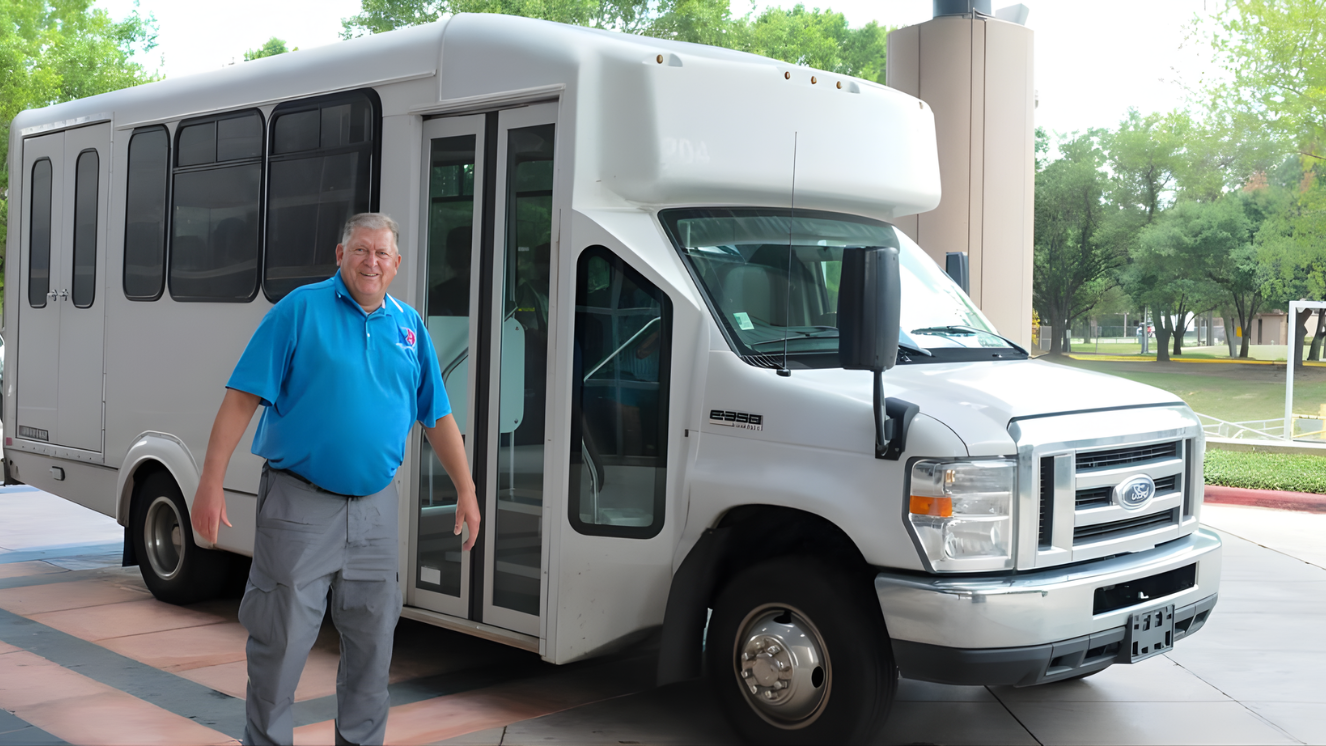PTSD SUPPORT PROGRAMS FOR INCARCERATED VETERANS
COMMENT
SHARE

One of the particular problems that incarcerated Veterans frequently encounter is the residual effects of post-traumatic stress disorder (PTSD). Even with the mistakes that they’ve committed that lead to incarceration, it is important to remember their contributions and hardships. Incarcerated Veterans with PTSD benefit greatly from programs that provide support, aid in their recovery, and set them up for success in the future.
Programs to prevent needless incarceration of Veterans who deployed to war and later experienced mental health issues have been created in recent years. The goal of these programs is to help provide treatments for PTSD in Veterans and for other mental health issues as well that they may have. With the large number of Veterans returning from Iraq and Afghanistan, these initiatives are extremely important.

VA Rehabilitation Programs for Incarcerated Veterans with PTSD
The U.S. Substance Abuse and Mental Health Services Administration's (SAMHSA) Center for Mental Health Services organized a conference in 2008 to examine strategies for reducing Veterans' interactions with the criminal justice system. At the same conference, they also tried to see the types of mental health care that could help these Veterans.
Representatives from federal agencies, community organizations, courts, corrections, law enforcement, and Veterans' health and advocacy groups attended the conference. Recommendations for a Veterans Treatment Court were formed from this forum, recognizing the need to immediately address this growing concern for the Veterans community.
The Drug Court and Mental Health Court formats, which were first implemented in the 1990s, serve as the foundation for Veterans Treatment Courts. Similar to these methods, the objective is to provide therapy and resources for rehabilitation and readjustment to individuals with mental health concerns, thereby diverting them from the conventional criminal justice system.
Veterans Treatment Courts frequently collaborate with VA and Veterans' organizations, even though they are a part of the local criminal justice system. The number of Veterans Treatment Courts has been rapidly increasing since 2008 when the first one was created. The county is currently home to hundreds of VTCs, which is a good thing because they can now serve more Veterans who are in need.
PTSD Support Initiatives for Incarcerated Veterans
Depending on the state, Veterans who are undergoing treatment for PTSD while incarcerated may qualify for parole, which allows for early release. At your parole hearing, your attorney might be able to make the case that you're less likely to commit crimes in the future if you can show that you've made progress in treating your PTSD symptoms. Veterans can do this by presenting testimony from their regular psychologist and showing that they're committed to continuing treatment after being released.
The VA and Department of Labor provide a number of transitional programs to assist veterans in reintegrating into their communities when they are ready to be released from jail. Here are some that you should know:
Health Care for Reentry Veterans
Incarcerated Veterans with PTSD or dealing with other issues can receive housing assistance, mental health services, and medical care under the VA's Health Care for Reentry Veterans (HCRV) program. Outreach and assessment services are conducted by reentry professionals in each state.
When released from prison, reentry specialists can assist Veterans in locating a job, finding a place to live, and guiding them on what to do next. The goal of VA's HCRV program is to help Veterans who are coming home after serving time in prison succeed and avoid homelessness.

Incarcerated Veterans Transition Program
The Department of Labor's Veterans' Employment and Training Service (VETS) is in charge of coordinating the Incarcerated Veterans Transition Program (IV-TP). If you are expected to be released from jail within 18 months, have served on active military duty, and were discharged under terms other than dishonorable, you are eligible to receive assistance from the IV-TP.
IV-TP does not provide direct services to Veterans, unlike HCRV. Rather, the initiative awards money to regional groups that offer inmate Veterans care programs. These grant-funded programs are designed to assist you in finding housing and employment while you are getting ready to leave prison. They will also provide you with guidance and link you to resources once you return to your community.
Veteran Justice Outreach (VJO) Initiative
Through the VJO initiative, eligible justice-involved Veterans will have timely access to VA health care, including mental health and substance use services (if clinically indicated). Other VA services and benefits will also be provided, which can help in preventing needless criminalization of mental illness and prolonged incarceration.
VJO specialists serve as a liaison between the local criminal justice system, VA, and veterans. They provide services to Veterans who are jailed, as well as those who are involved in the criminal justice system but have not been placed in jail.
Read next:
Join the Conversation
BY ALLISON KIRSCHBAUM
Veteran, Military History & Culture Writer at VeteranLife
Navy Veteran
Allison Kirschbaum is a Navy Veteran and an experienced historian. She has seven years of experience creating compelling digital content across diverse industries, including Military, Defense, History, SaaS, MarTech, FinTech, financial services, insurance, and manufacturing. She brings this expertis...
Credentials
Expertise
Allison Kirschbaum is a Navy Veteran and an experienced historian. She has seven years of experience creating compelling digital content across diverse industries, including Military, Defense, History, SaaS, MarTech, FinTech, financial services, insurance, and manufacturing. She brings this expertis...



